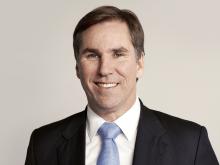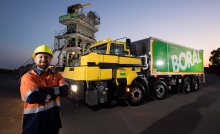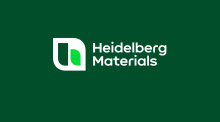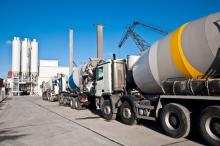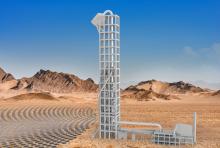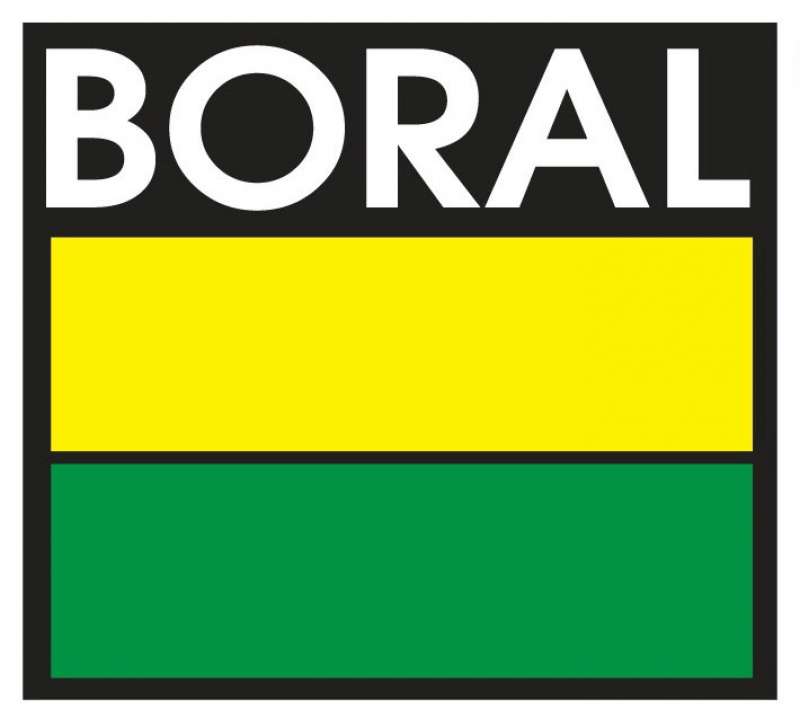
The Australian company says its net zero target is aligned with the most ambitious aim of the Paris Agreement to limit global warming to 1.5°C
Boral has also joined the Science Based Targets initiative (SBTi) Business Ambition for 1.5°C and UNFCCC Race to Zero.
Boral’s 2030 targets, which it is seeking to be validated by SBTi, are a 46% reduction in absolute Scope 1 and 2 emissions, and a 22% reduction in relevant Scope 3 emissions per tonne of cementitious materials, from a 2019 baseline.
Boral CEO and managing director Zlatko Todorcevski commented: “As Australia’s largest integrated construction materials company, we have a unique opportunity to lead the way to make a meaningful contribution to build greener cities and create a net-zero future.
“We are proud to be the first company in the cement sector to set science-based targets aligned with a 1.5°C pathway for Scope 1 and 2 emissions."
He added that Boral's decarbonisation pathways include shifting to renewable energy sources, and growing its proprietary lower carbon, higher performing concrete solutions.
Boral has defined the five key decarbonisation levers that underpin its climate targets:
Energy: by transitioning to 100% renewable electricity, increasing the use of alternative fuels at its Berrima Cement kiln and improving energy efficiency
Cementitious intensity: by optimising the energy efficiency of its Berrima Cement kiln and accelerating adoption of its lower carbon concrete product range, including ENVISIA, Envirocrete and EnvirocretePlus
Transport: by optimising supply chain logistics and routes, and exploring alternative fuel fleet options
Sourcing: by prioritising lower carbon intensity suppliers
CCUS: by exploring and testing emerging carbon capture use and storage (CCUS) technologies
Todorcevski said Boral was making good progress already by investing in R&D and partnering to bolster its innovation efforts and access to leading technologies, as well as collaborating with customers and suppliers.
He added: “We are supporting our customers to make more sustainable choices, including by broadening our suite of lower carbon concrete products and offering Climate Active certified net carbon neutral concrete.
“Collectively, our decarbonisation efforts aim to achieve carbon neutrality by no later than 2050 and deliver future growth by reshaping our business to be a leader through decarbonisation."
Todorcevski said the company has a clear line of sight to deliver on its 2030 targets and beyond 2030, it is working on new and emerging technologies. "Just how we achieve our 2050 ambitions will depend on further development and commercial viability of new and emerging technologies," he added.

